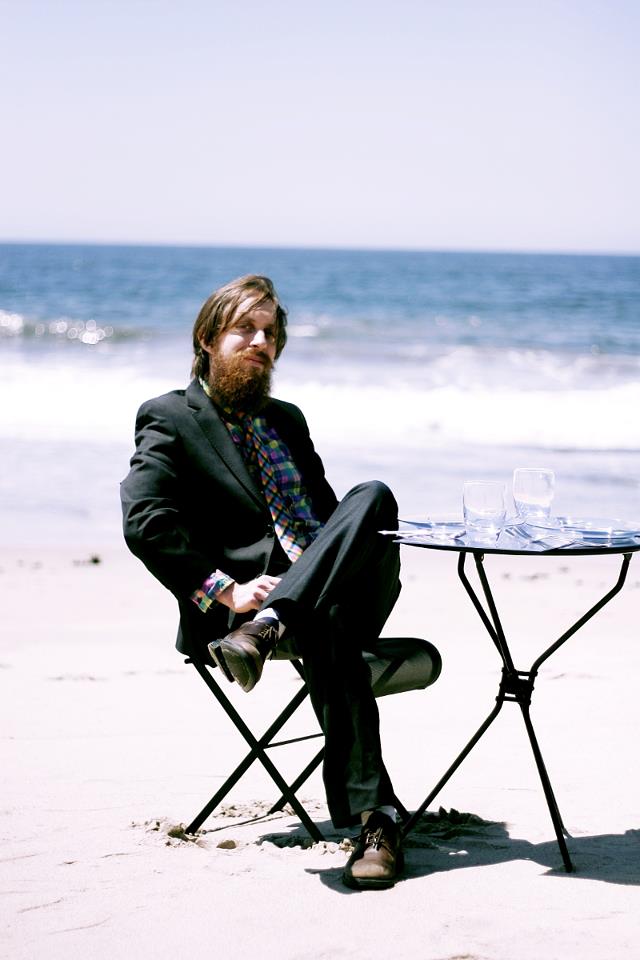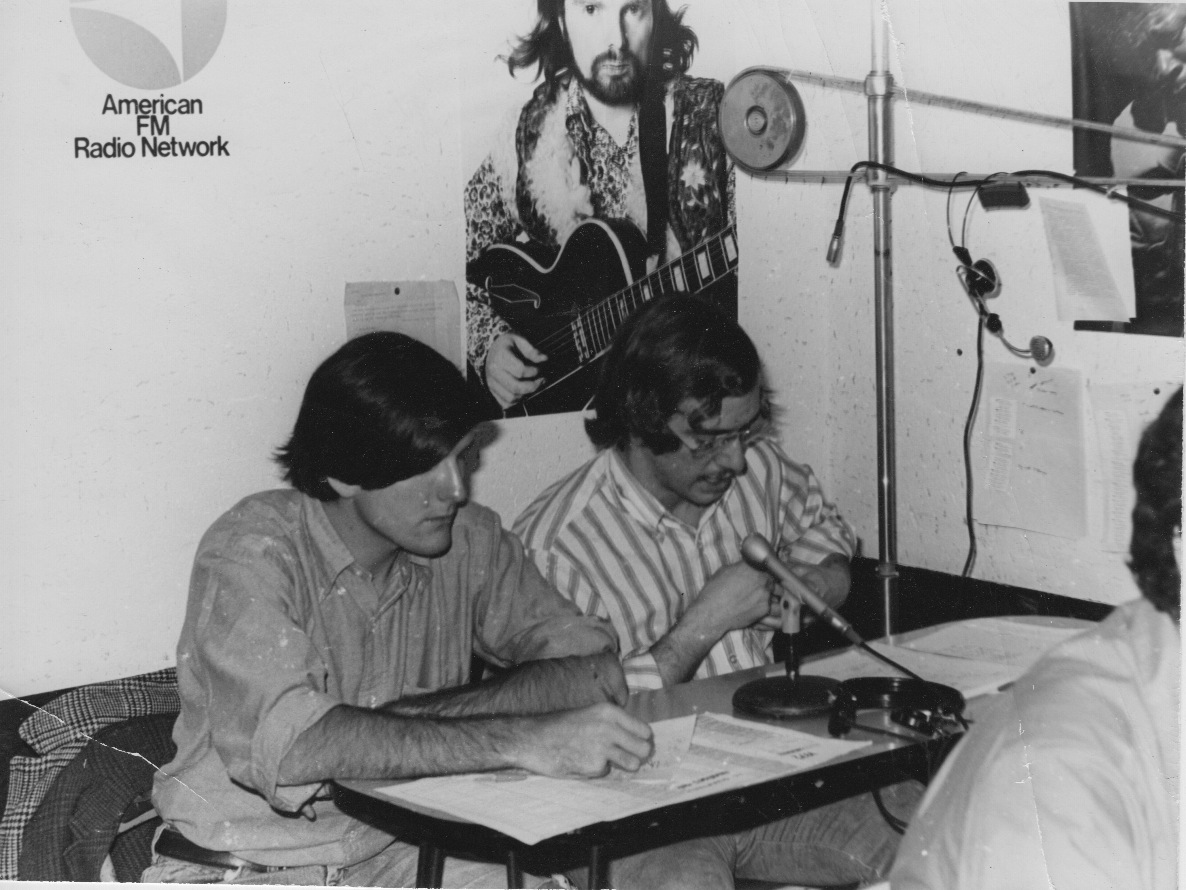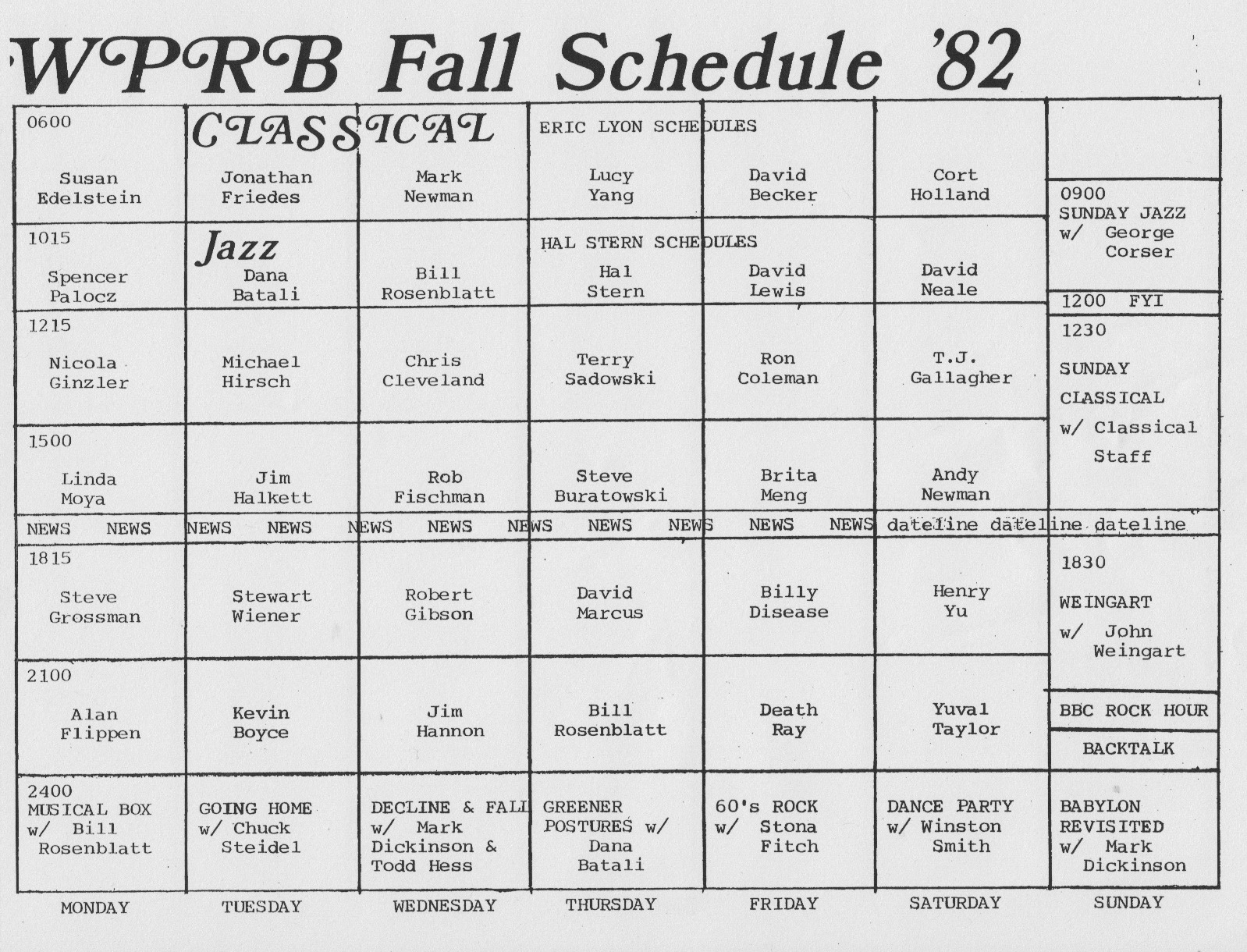WPRB and Me—Perfect Together!
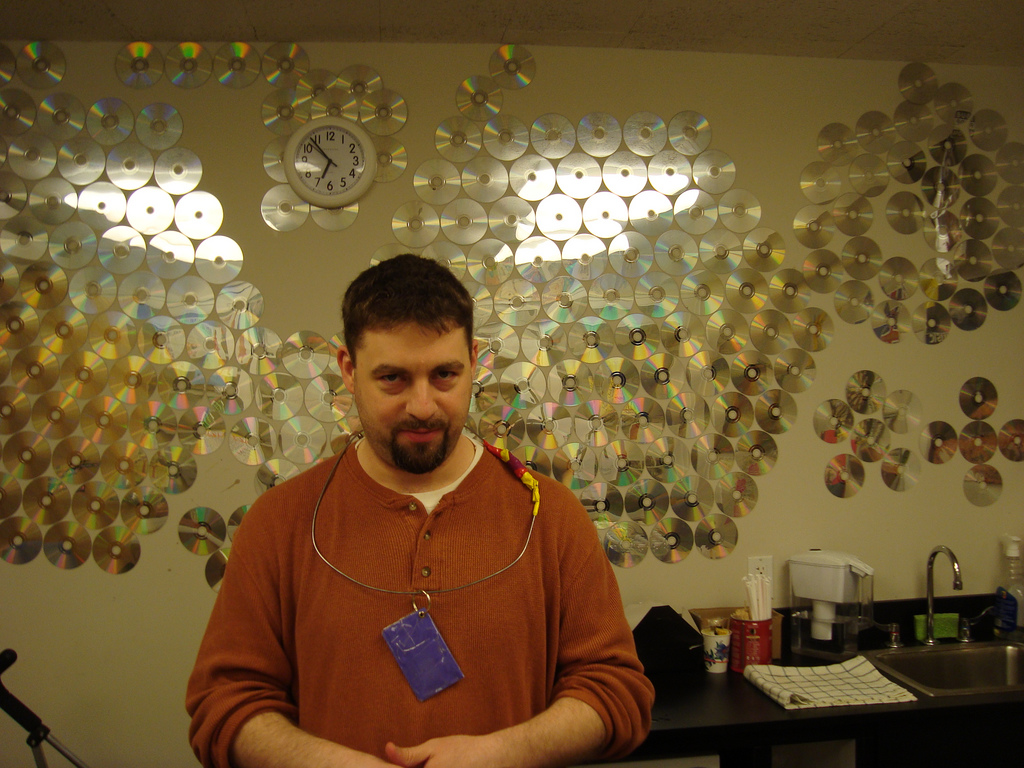
By Sean Murphy ’94 [photo: Nicole Scheller]
I’m definitely not the first, and I hope I’m not the last, to be able to say that I majored in WPRB. Officially, I graduated with a degree in Politics, but my independent work and thesis focused on regulatory processes at the Federal Communications Commission. And that work resulted from many long and late nights spent playing and talking about records and bands and radio and what it meant to be non-profit, commercial, and independent all at the same time. From the music to the management lessons to the friendships, my WPRB experiences still reverberate nearly 25 years later.
I arrived at the basement of Holder Hall’s 11th entry in September 1990. I had some idea of what I might be getting into, as I’d spent the previous spring and summer interning at WMBR, 88.1 Cambridge, MA (MIT’s radio station). WPRB was different, from the rigidity of the program logs and actual paid 30- and 60-second ads to the presence of the main record library right in the control room. But the most important similarity was that WPRB saw and understood itself as an institution at, but not of, the university.

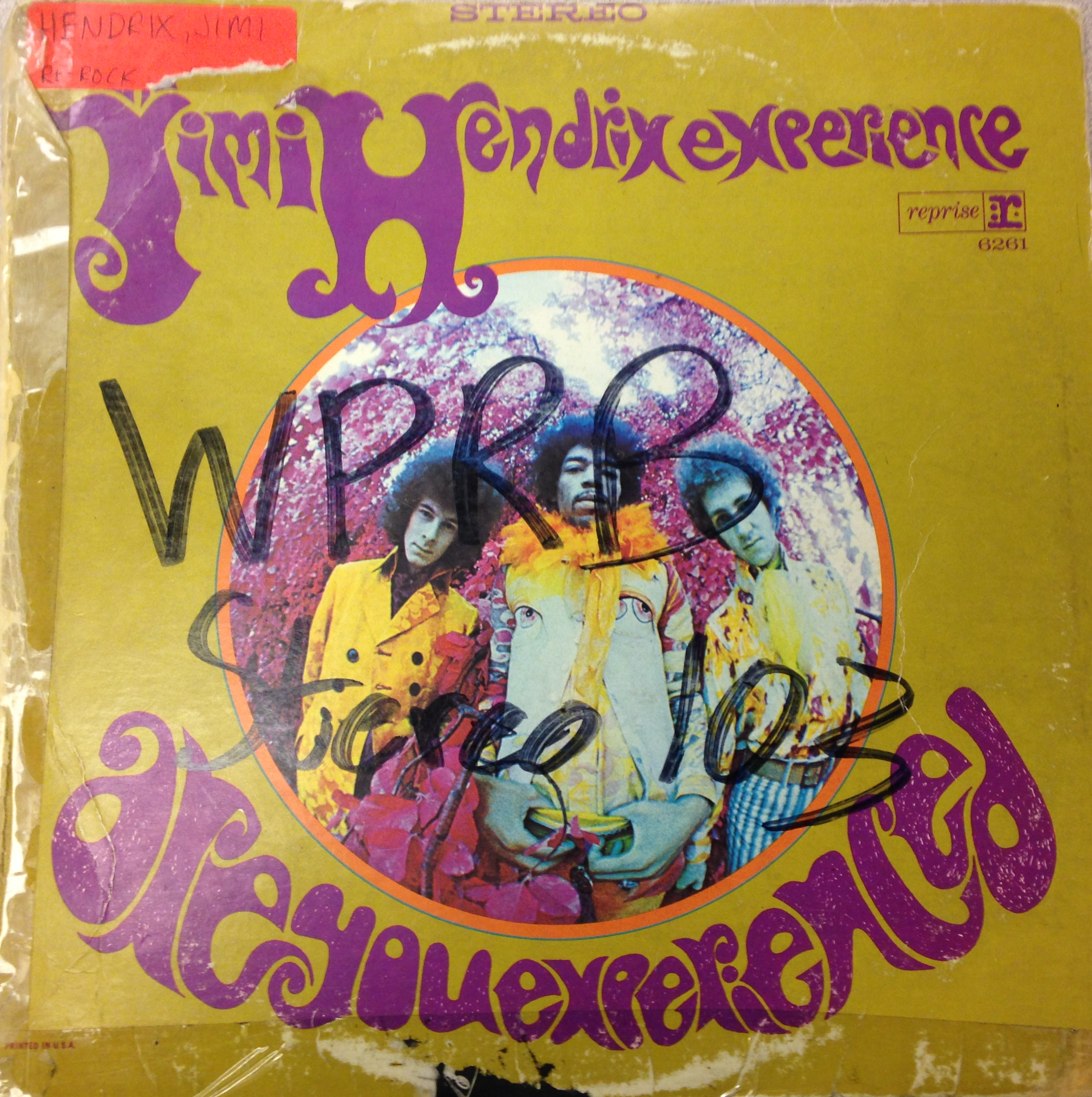
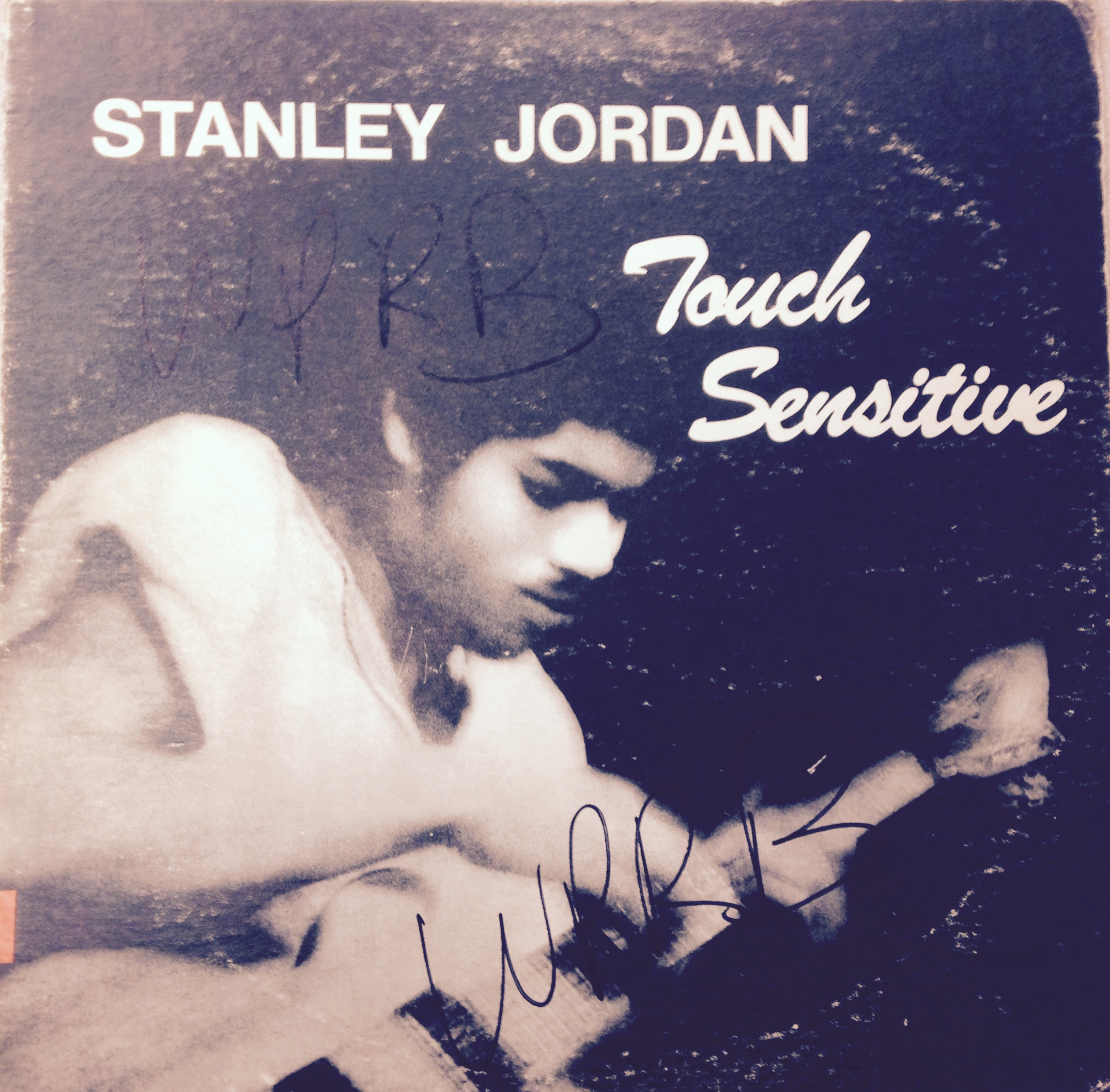
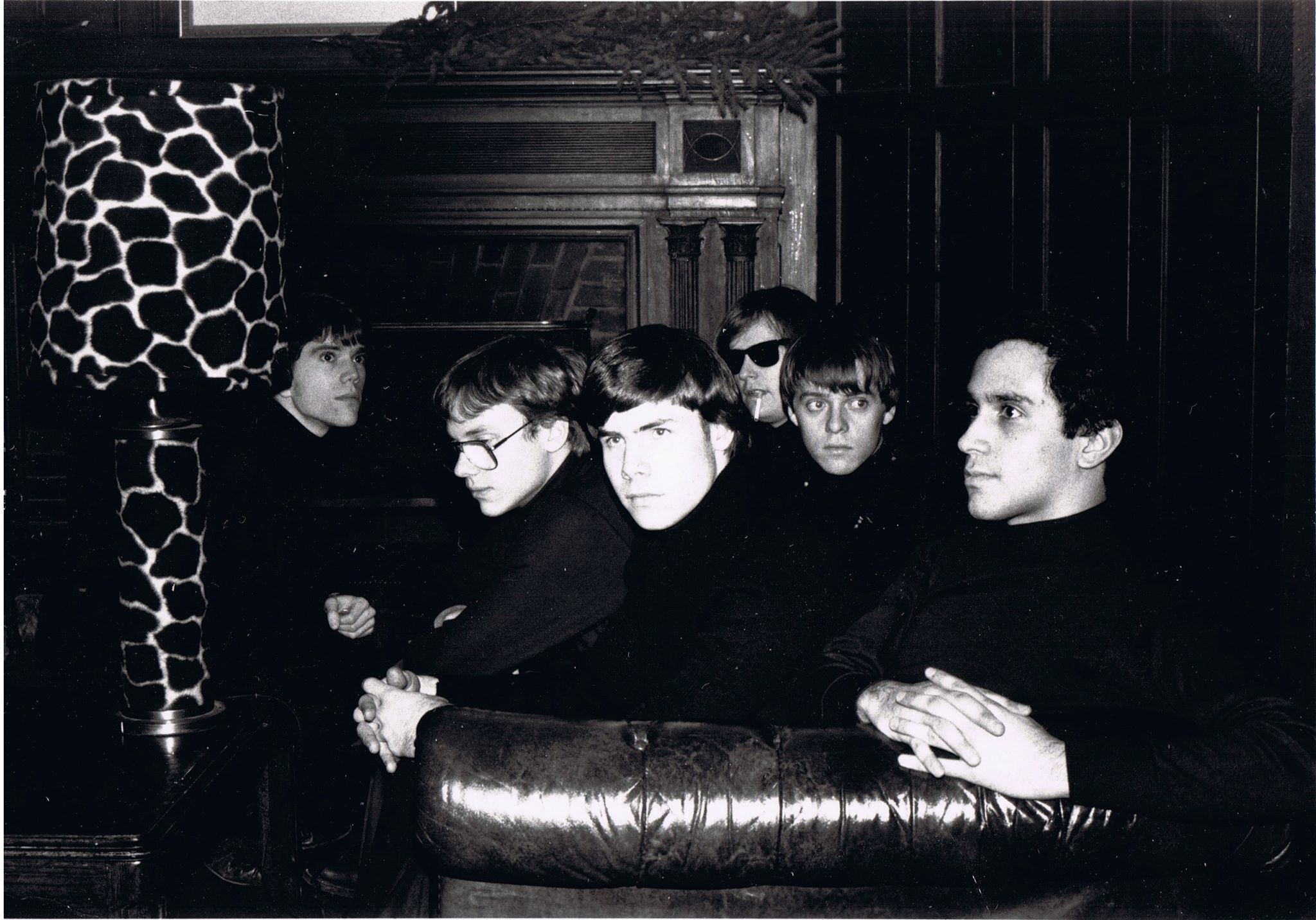
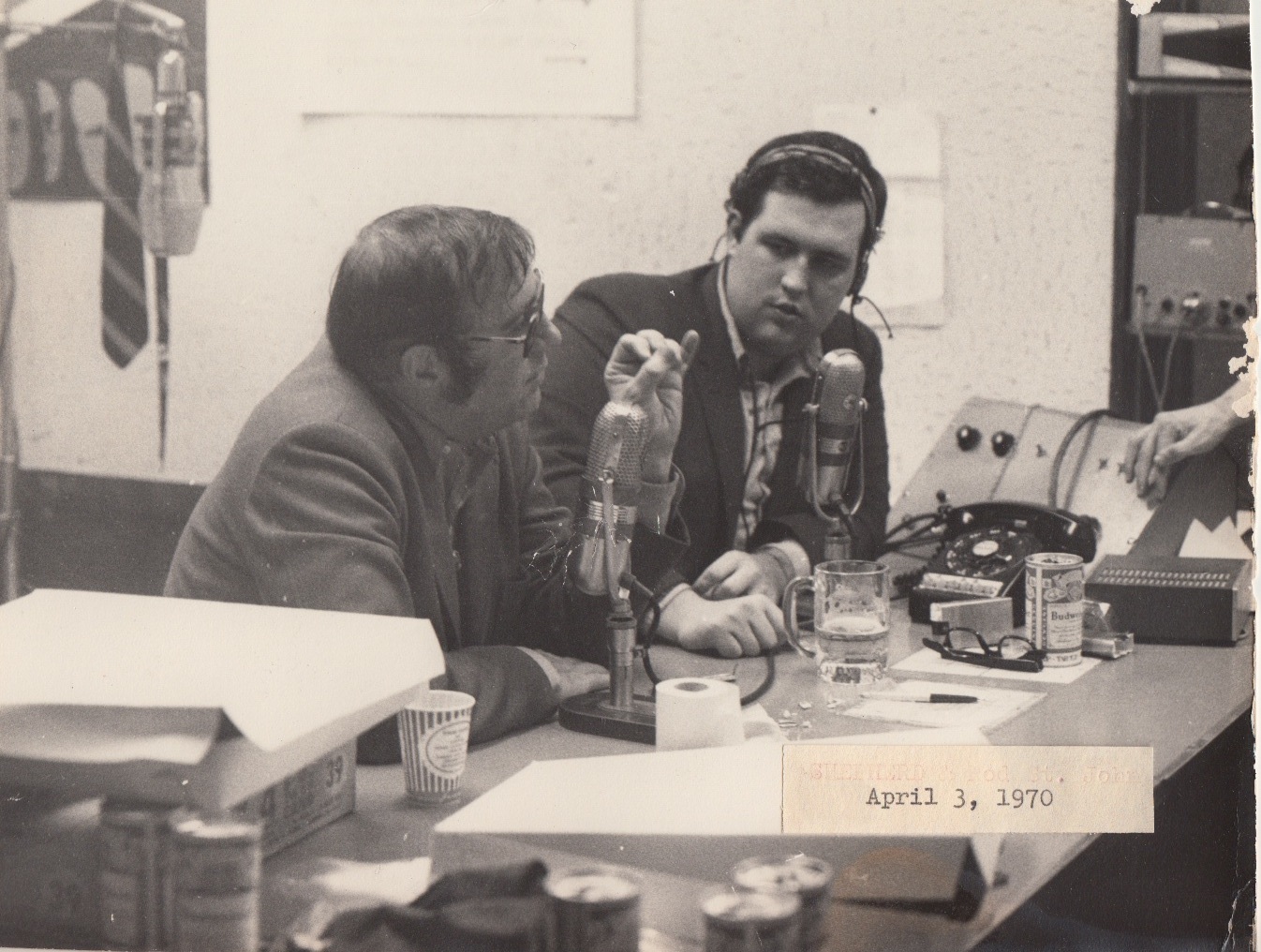
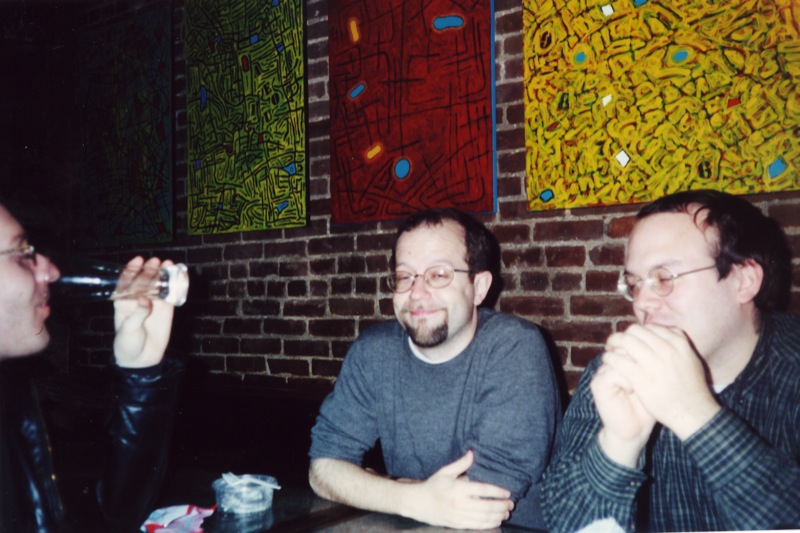
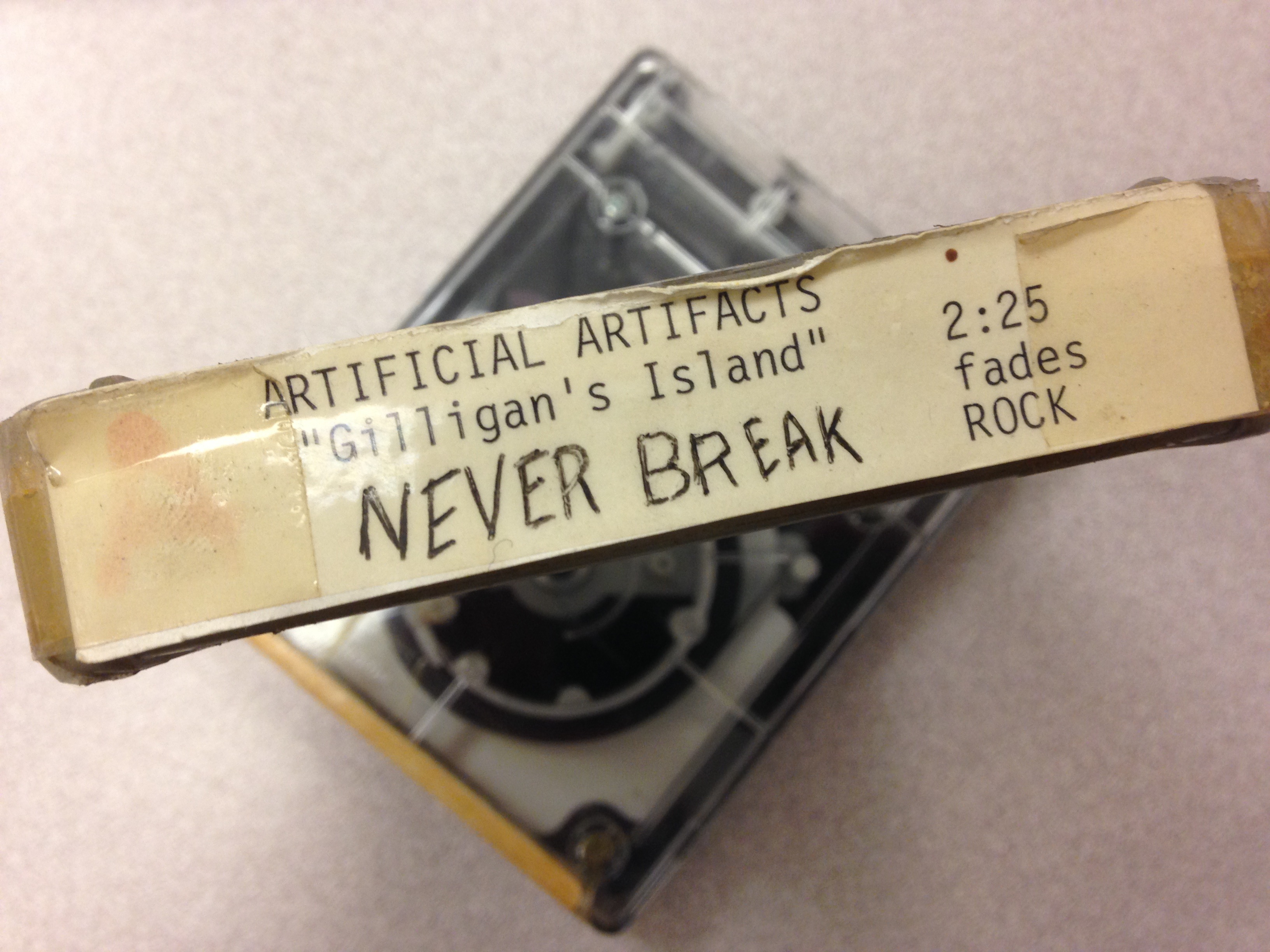 I started listening to WPRB during the summer of 1985 or 1986. For a misfit kid who’d not yet established a strong sense of self-identity, everything WPRB played at that time seemed utterly revelatory in comparison to the bar-band hokum, limp dance tracks, and horrific hair-metal that populated the corporate airwaves of the day. Not surprisingly, it didn’t take long for me to become completely hooked. One of the first bands I associated with the station was a local hardcore act called Artificial Artifacts. They did a ridiculous cover of the
I started listening to WPRB during the summer of 1985 or 1986. For a misfit kid who’d not yet established a strong sense of self-identity, everything WPRB played at that time seemed utterly revelatory in comparison to the bar-band hokum, limp dance tracks, and horrific hair-metal that populated the corporate airwaves of the day. Not surprisingly, it didn’t take long for me to become completely hooked. One of the first bands I associated with the station was a local hardcore act called Artificial Artifacts. They did a ridiculous cover of the 